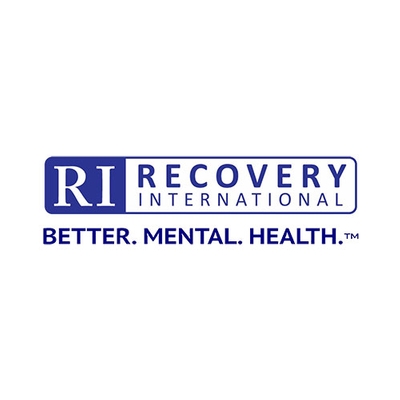Recovery International

Mental Health. Without it we can’t live a normal, productive life. How we think and feel determines our behaviors and impacts our ability to handle daily life and cope in tough times. Unfortunately, we are not taught how to understand and maintain our mental health. Too often we wait until we feel overwhelmed and begin to experience the unhealthy effects of stress on our well-being before we decide to seek professional help, often at great cost. Psychiatrists have long realized that traditional therapies such as counseling, medication, and lifestyle changes can produce beneficial results. Cognitive-behavioral techniques are also widely recognized as effective tools for augmenting existing treatments and improving overall mental wellness. What is not widely known is that practitioners of just such techniques gather each week in cities and towns all across America, helping and guiding each other, free of charge, at Recovery International meetings.
Dr. Abraham Low, a neuropsychiatrist, founded Recovery International (RI) in Chicago in 1937. Dr. Low created a method and meeting structure to teach his patients to identify deceptive and misleading thoughts and their corresponding behaviors. Changes to negative attitudes and beliefs would soon follow. Ultimately his patients learned to manage the feelings and impulses that had previously impaired their ability to live a normal life.
As still practiced today, peer-led meetings are simple, but structured. They begin with a reading that focuses on aspects of the RI program. Next, group members share examples of the practice in action when they describe a situation in which they experienced symptoms, what those symptoms were, which RI tools they used to address the situation and the difference in their approach from before they began using RI training. The group then practices by providing feedback using “spotting” tools applicable to that example. Spotting is a re-labeling system that helps identify and reframe disturbing feelings, sensations, thoughts or impulses. Examples of spotting include:
- We can’t change an event, we can only change our attitude toward it. Definition: You can’t change what happened, but can change your attitude about it.
- Fearful anticipation is often worse than realization. Definition: What we worry will happen is often worse than what actually does happen.
- What I am experiencing is distressing but not dangerous. Definition: The situation may feel disturbing but in reality, there is no actual danger.
Finally, meetings conclude with unstructured “mutual aid” time to provide social interaction for the members.
“Learning to practice the RI method is the best thing I have done for myself. The practical tools I learned have helped me in my relationships with friends, family, and colleagues. Many programs tell you what to do but RI shows you how. It focuses on the only two things I can control: my thoughts and my behaviors,” confirms contributor Carolyn Barrett, a regular RI meeting attendee for over a decade.
Today there are over 400 weekly meetings held in the U.S. and around the world, attended by people from all walks of life interested in managing their mental health. By practicing the RI method they are better able to address daily stress and worry, minor anxiety and depression, anger issues, racing thoughts and obsessive behaviors, phobias and panic, and low self-esteem.
| Health Services |
Behavioral / Mental Health |
Last Updated: 04/26/24
